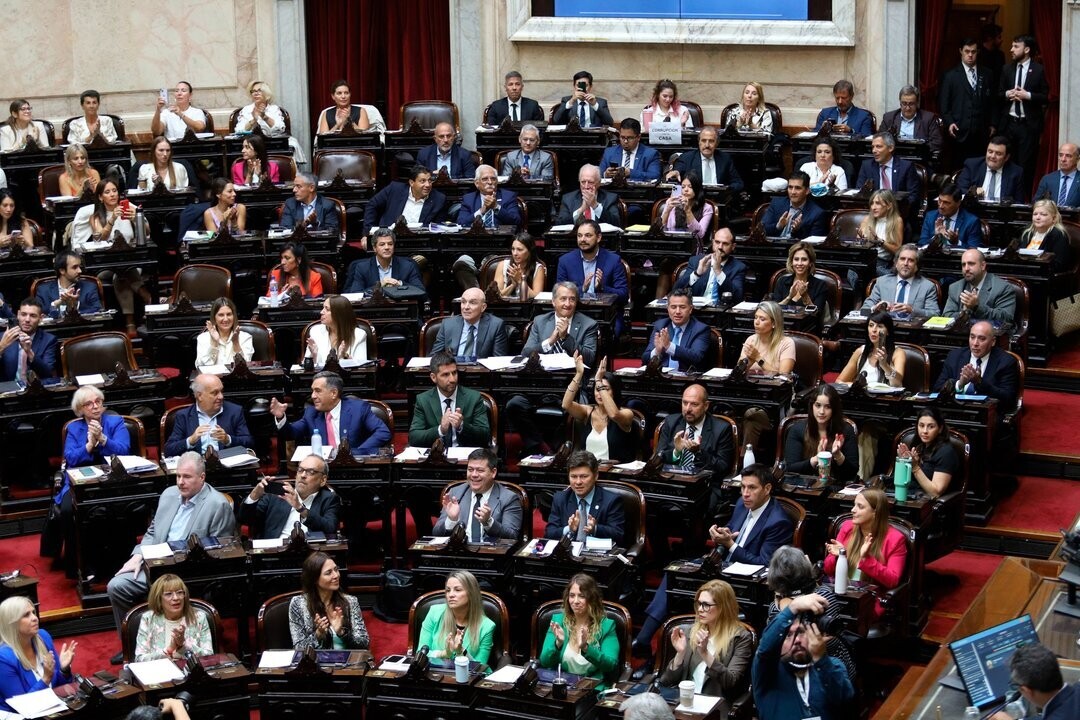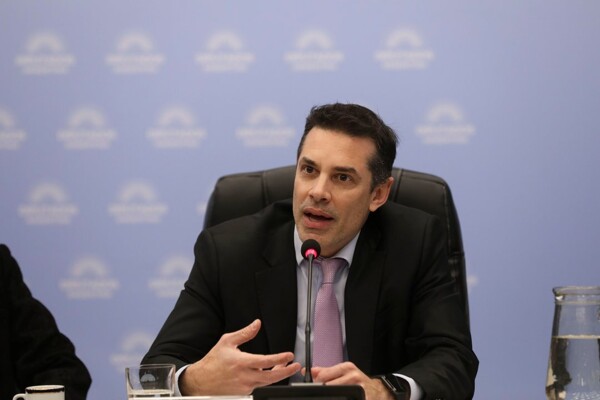
The Chamber of Deputies approved the Ficha Limpia project with a half sanction, generating controversy among different political sectors. During the session, the deputies presented various positions regarding the project.
Kirchnerist deputy Vanesa Siley expressed her concern about the possible disqualification of Cristina Fernández de Kirchner in an electoral year, stating that this would limit the right to choose and be chosen. On the other hand, radical deputy Karina Banfi highlighted the years of work behind the project, lamenting the difficulties and obstacles faced to reach this point.
Leftist deputy Nicolás del Caño harshly criticized the project, deeming that it grants the Judiciary the power to decide who can be candidates. Eduardo Valdés, for his part, rejected the initiative, claiming that there cannot be "clean records with dirty justice."
In contrast, Juan Manuel López (Civic Coalition) stated that his party does not believe in lawfare. The discussion focused on whether the law aims to disqualify Cristina Kirchner and the supposed intention to weaken Peronism through this measure.
The project seeks to prevent individuals convicted in the second instance for corruption from presenting themselves as candidates or holding public office. However, the final wording establishes that exclusion will only be applied in cases where the conviction is confirmed before a certain cutoff date before the general elections.
The session was intense and culminated in the approval of the project, which received 144 votes in favor, 98 against, and two abstentions. Despite the criticisms and controversies, the project managed to advance in the Chamber of Deputies and will now move on to the Senate for eventual consideration.














